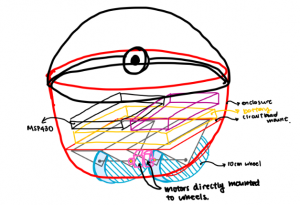When I first started university, I was drawn to things that move—dynamics fascinated me. That’s why, when it came time to pick a discipline in first year, mechanical engineering was my choice. I didn’t apply early because I wasn’t entirely sure what I wanted, but by the end of my first year, I knew mech was the right fit. It was Mech 2 that really solidified my passion. I loved how it brought together different systems—dynamics, electronics, and solid mechanics—and turned real-world problems into solvable math equations. Even though it was intense and online (thanks to the pandemic), it was worth every moment.
As many of you know from my previous blog about co-op, my interests eventually shifted toward software. But Mech 2 played a huge role in that transition. Understanding how systems work together and solving for different components using a variety of engineering disciplines made me appreciate systems engineering. It was through those challenges that I realized my passion for building complex machines and robots. The combination of hands-on learning and theory was eye-opening, and I’ll never forget one of my favorite projects from second year—building a gearbox-based pulley system. It was my first time using CAD modeling extensively, and it was both challenging and exciting.
Third year, however, was a whole new level of intense. When you choose mechatronics, you’re signing up for a lot of challenges, especially the heavy course load. I had six or seven core courses each term with only one technical elective, which made time management critical. Between juggling academics and extracurriculars, it was a real test of discipline. For me, grades were never my top priority. What mattered more was understanding the material and gaining useful knowledge I could apply later in my career. There were definitely moments when I didn’t do well in certain aspects of courses, there were times when I felt I was an imposter in a class full of talented people (Can read more about Imposter Syndrome at working through imposter syndrome), but overall, things worked out. I managed to navigate third year successfully (I passed!!!), even if it wasn’t always easy.
Now, in my final year, I find myself reflecting on the experiences I’ve had over the past five years. Mechanical engineering has pushed me to grow in ways I never imagined, and while the journey wasn’t always smooth, it was definitely rewarding. I’m excited to finish my final courses, work on an amazing capstone project, and cherish the memories I’ve made throughout my time in the UBC mechanical engineering program.
To all the prospective mechanical engineering students out there, know that while the path may be challenging, it’s also incredibly fulfilling. Don’t worry too much about your grades; focus on what you’re learning and how you can apply it. Time management, staying curious, and taking on new challenges will carry you far. Looking back, I wouldn’t trade this experience for anything, and I hope that you, too, will find your passion as you embark on your own journey.
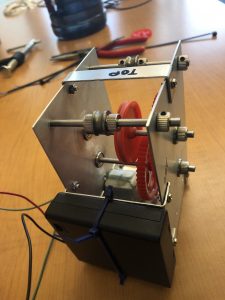

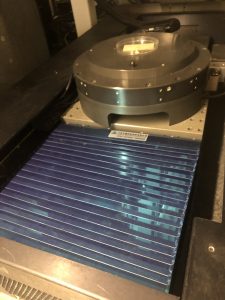
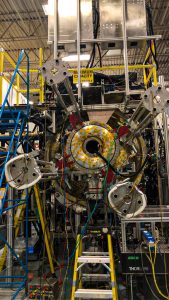
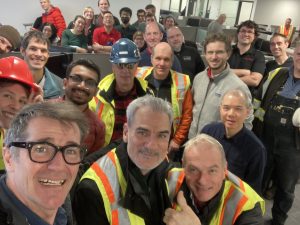
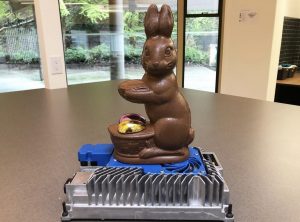


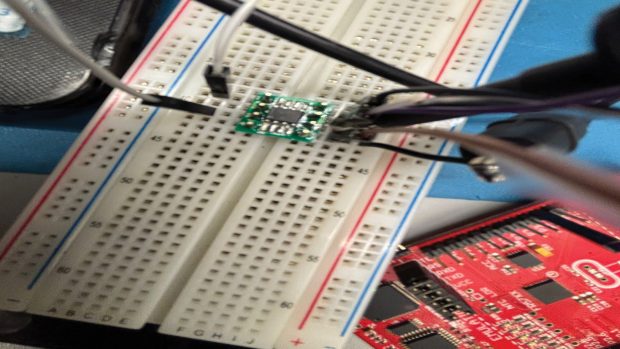


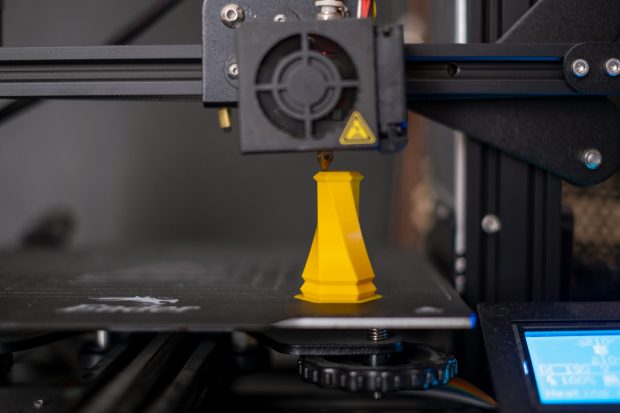
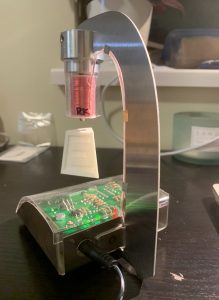
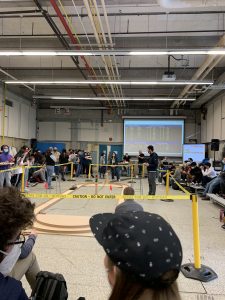
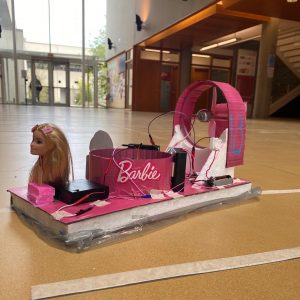
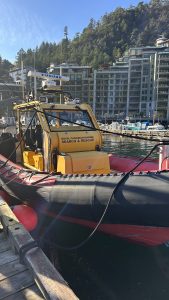
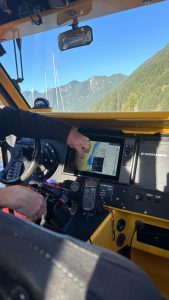

 Image Credit: r/sciencememes
Image Credit: r/sciencememes